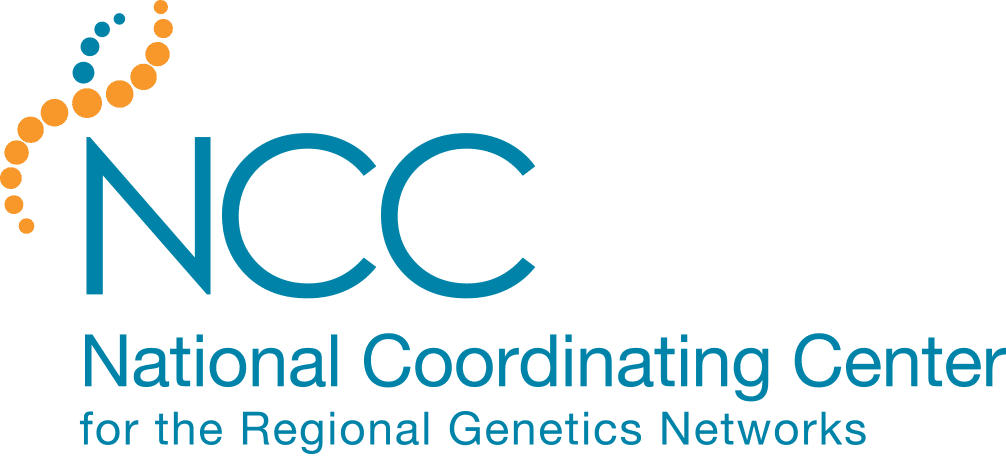Resource Details
An evidence-based practice guideline of the National Society of Genetic Counselors for telehealth genetic counseling
The National Society of Genetic Counselors issued this evidence-based practice guideline as a response to the increasing use of alternative service delivery models for genetic counseling, specifically telephone and video-based genetic counseling. The delivery of health service receives a generally positive response among some of the population. However, certain patient populations may require additional resources or encounter more barriers in using telemedicine services in general.
Submit A Resource
Is a resource missing? Submit your resource here.
Topics in Resource Repository
Awareness Campaign (5)Breastfeeding (1)Care Coordination (9)Careers (2)Carrier Screening (6)Condition Specific (68)Consumer Advocacy (2)COVID-19 (60)Cystic Fibrosis (1)Diagnostic Test (2)Dismantling Racism/Implicit Bias (8)Diversity (1)Diversity, Equity, Inclusion and Justice (50)Education (393)ELSI (1)Emergency Preparedness (14)Evaluation (8)Family Health History (9)Family History (1)Family Support (114)Genetic Service System (76)Genetic Test (24)Genetics Privacy (3)Health Equity (5)Health Literacy (4)Healthcare Access (17)Healthcare Access and Financing (81)Healthcare Interpreting (69)LGBTQ+ (3)Medicaid (1)Medical Food (18)Medical Home (8)Microagressions (3)Multilingual (8)Newborn Hearing Screening (1)Newborn Screening (172)Newborn Screening Emergency Preparedness (1)Newborn Screening Family Support (2)Noninvasive Prenatal Screening (NIPS) (8)Pharmacogenetics (1)Policy (7)Pregnancy (1)Prenatal (2)Public Health (7)Public health genetics (13)Research (9)Secondary Findings (10)State Specific (3)Teleeducation (9)Telegenetics (76)Telehealth (1)Transition (22)Workforce (1)
Audience Resources Were Developed For
Administrators (23)Education (1)Educators (60)Evaluators (2)Family Support (27)Family-Led Organizations (21)Genetics Providers (372)Healthcare Interpreters (71)Healthcare Interpreting (15)Insurers (24)Midwives (6)Non-Genetics Providers (485)Patients and/or Families (365)Policymakers (34)Public Health (126)Regional Genetics Networks (97)Researchers (42)Students (50)Title V (9)
